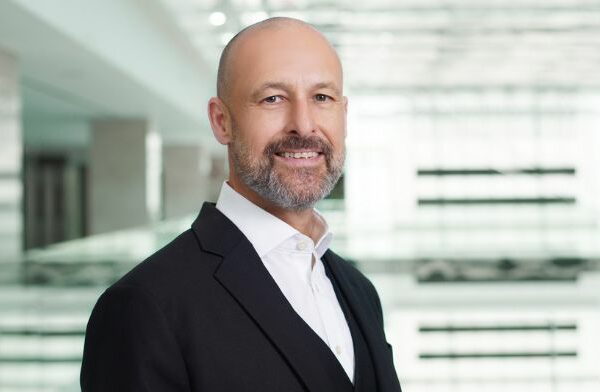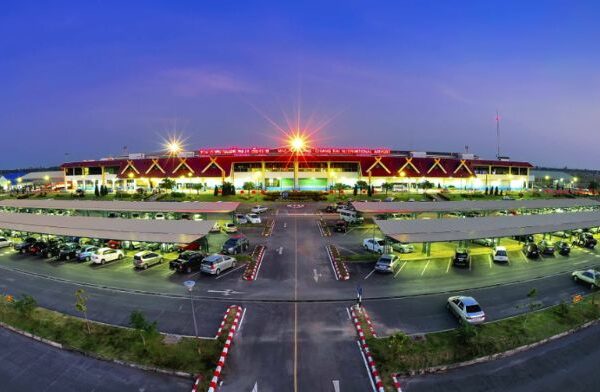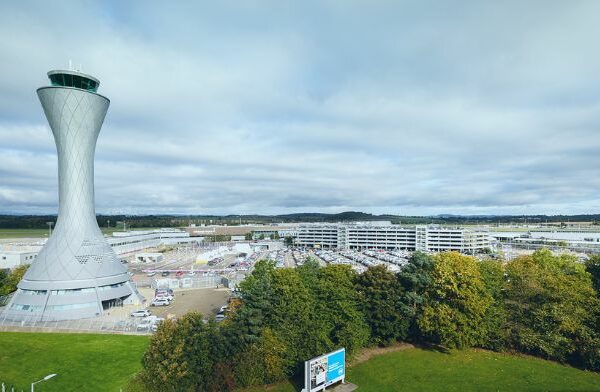Germany’s Dusseldorf Airport has signed a Memorandum of Understanding (MoU) to conduct a FASTGate (Fast and Safe Turn) feasibility study with electric taxi pioneer WheelTug. The two companies are conducting their study based on the view that airside operations need to become not only more cost-effective but also safer and greener.
The goal of the study is to assess the airport’s readiness for e-taxi procedures and identify process, safety and technological gaps as well as the corresponding mitigation measures that will enable the airport to take full advantage of WheelTug benefits.
Consisting of motorised nose wheels that allow the pilot to manoeuvre the aircraft independently, the WheelTug system reduces time spent at the gate and uses APU instead of the main engines for ground movement. WheelTug not only increases airside efficiency and aircraft utilisation but also decreases carbon and noise emissions. The study will quantify these benefits as well as other financial and non-financial airside benefits for the airport coming from WheelTug equipped aircraft arriving at its gates.
The FASTGate project aims to prepare airport gate areas for WheelTug e-taxi manoeuvres so that both airlines and airports can benefit from WheelTug. A similar feasibility study at Mumbai Airport in India quantified yearly airside operational savings at tens of millions of USD, alongside with increased safety and reduced congestion and carbon emissions.
“We are very excited about the upcoming feasibility study, as the WheelTug system could fit very well into our sustainability strategy,” said Lars Mosdorf, CFO of Flughafen Dusseldorf. “In addition to reducing emissions, the opportunity to make apron procedures more efficient is a promising one for us,” he concluded.






